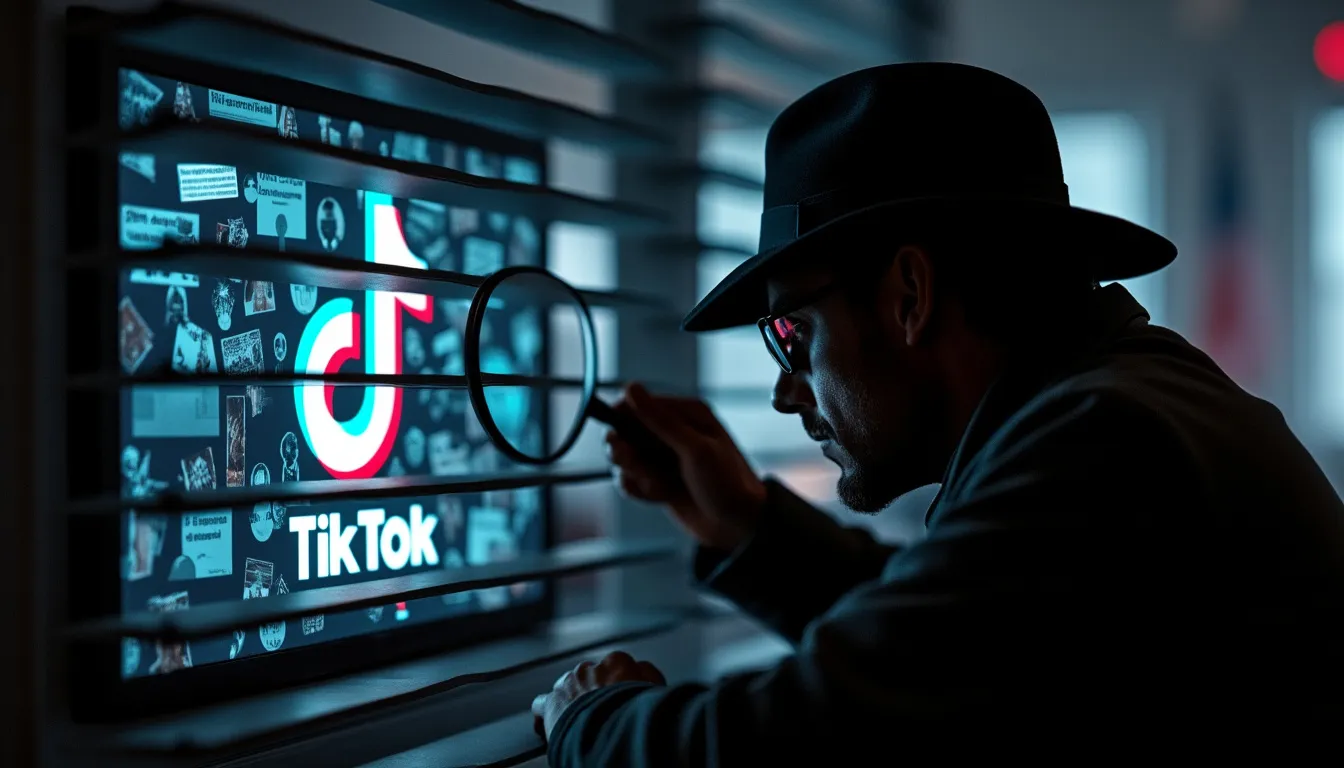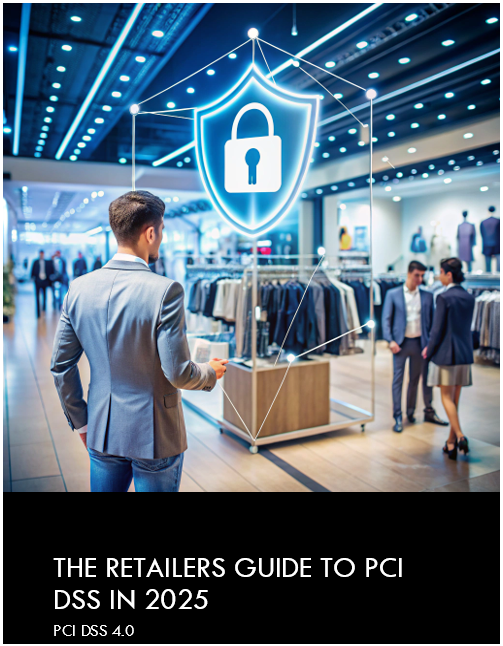“We should look at social media as a reflection of our society,” some may remark, and there is a kernel of truth to that statement given that social media platforms serve as a microcosm of our broad, divergent universe of cultures, perspectives, and narratives. But in the midst of this vast digital amphitheater, the line between veracity and deceit often blurs, leading to a digital battleground of misinformation, particularly when it concerns matters of global political importance. The platform on the firing line in recent years: the short-form video sharing app, TikTok.
Political Misinformation on TikTok: An Unexpected Contender
The rising star in the social media cosmos, TikTok, which now boasts an expansive user base in the United States, has become a subject of both curiosity and apprehension. The platform proved to be a fertile ground for the spreading of political misinformation during the 2020 U.S. elections, despite TikTok’s self-imposed ban on political ads. It all began when Global Witness, a nonprofit watchdog, uncovered this unfortunate hiccup that placed the integrity of TikTok’s self-regulation policies under question.
Global Witness put the cat among the pigeons by designing and submitting eight political advertisements loaded with misinformation, intending to test the social media goliaths’ content-detection systems. Reactions varied across the board, but it was TikTok, which surprisingly approved the highest number – four out of eight. This occurred in the backdrop of a political ad ban that had been put in place by TikTok itself back in 2019. An inquisitive mind might now ask: What kind of ads were these?
Dissecting the Deception
The misleading ads approved by TikTok primarily revolved around falsehoods related to the election. Consider the importance of this finding, especially when it’s just weeks away from the presidential election – a period of high tension, copious political discourse, and unfortunately, a breeding ground for misleading information.
Knowing the Content of the Controversial Ads
Details about these deceptive ads have not been made widely public, and there may be differing perspectives on that. One could argue for educational purposes – making the public aware of the nature of misinformation. How can one detect a trap if one cannot recognize it? Conversely, there is a considerable risk of such deceits being used as a blueprint for crafting more virulent misinformation. Nevertheless, this dichotomy raises an essential question: where do we draw the line?
The Silver Lining and Lessons
Despite the glaring anomaly perpetrated by TikTok, there is a silver lining. The Global Witness investigation revealed an improvement in the content moderation systems of other social media platforms, especially Facebook, compared to a similar investigation carried out previously. These findings suggest that systemic enhancements are possible, and progress is being made in the struggle against misinformation.
That said, the incident involving TikTok reinforces yet again the urgency to ensure the robustness of measures and policies in combatting misinformation. It also underscores the magnitude of the challenge; if even one platform falters, the eroding credibility can ripple across stakeholders – from businesses advertising on the platform, lawmakers drafting cybersecurity legislation, to ordinary users trusting it with their daily entertainment.
The Way Forward
National security organizations have the challenging task of ensuring the integrity of political processes and protecting the democratic institution from the brandishing forces of misinformation. For organizations, periodic audits of social media platforms for compliance with established disclosure norms and self-regulation policies must undoubtedly be a priority. At the same time, a keen look at the plausible implications and potential disruptions misinformation could have on their businesses is equally paramount.
If this investigation teaches us anything, it is that information security is an ongoing journey offering constant learning. If you’re a business grappling with the increasing complexities of social media security, let the gurus in the field guide you. Reach out to us for a free consultation to discuss how you can anticipate and mitigate the risks of political misinformation to your brand. Don’t wait for a wake-up call; make a proactive move towards securing your digital presence.
This is not simply about ad approval policies and regulation — this is about safeguarding democratic values in a progressively digitized world, about prioritizing the truth in a sea of misrepresentation, and ensuring that our virtual world remains as reliable and trustworthy as our tangible one. As much as this incident speaks volumes about TikTok’s approvals system and the broader crisis of misinformation, it also reinforces our collective responsibility in combating this digital war against truth. And won’t you want to be on the right side of this rejoinder?
Please, note this article was based on information retrieved from here.





